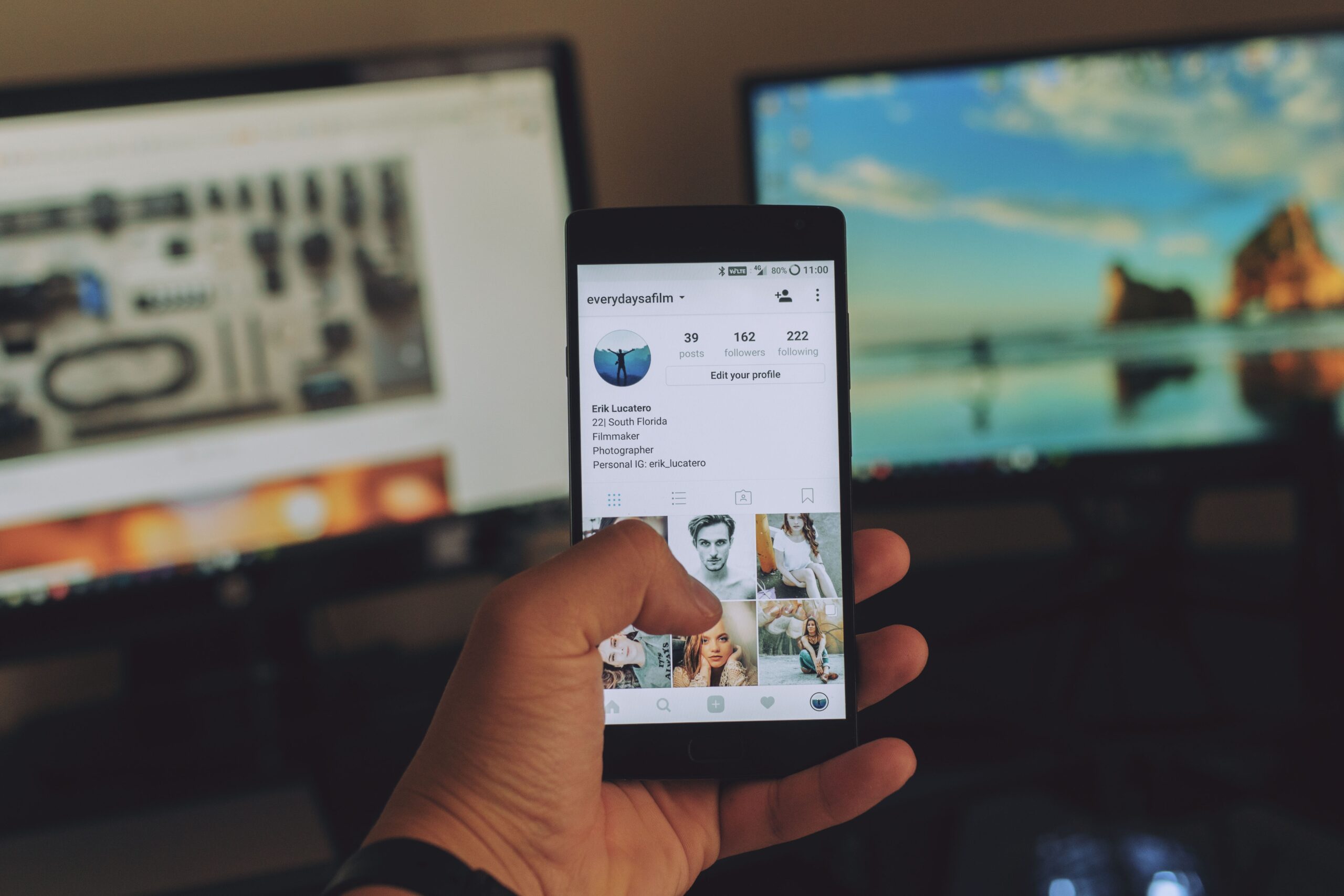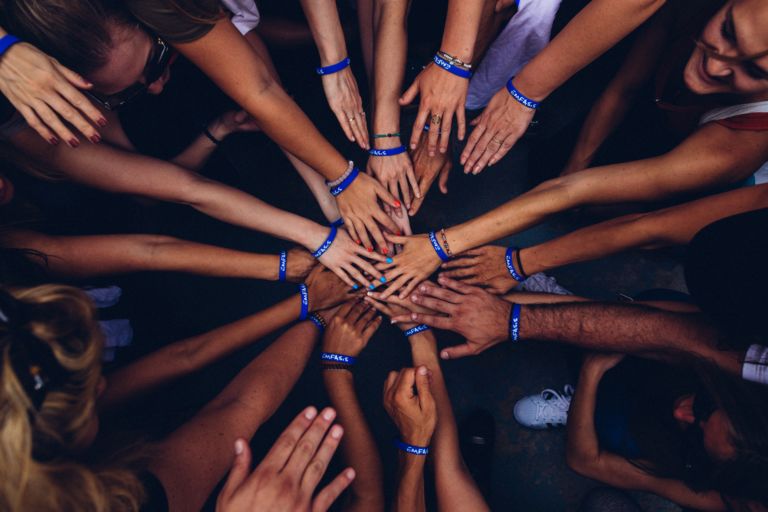
We live in a world of social media and stardom. It’s constantly flooding our televisions, phones, magazines, and computers. It is hard to go anywhere and not hear about celebrity deaths, overdoses, breakups, and drug use. Did you know that reading about these celebrity headlines could be affecting your mental health?
Don’t get me wrong, I LOVE, LOVE that we are promoting mental health, changing the stigma, and advocating that people get help for their mental health. Yet there are still posts out there that can be damaging or triggering for those suffering from mental health issues.
![]()
Be Careful When Reading Celebrity Headlines
Here are the top five reasons to be careful when reading about celebrity mental health headlines:
- Glorifying suicide: Be careful when sharing posts about celebrity deaths by suicide. They can be triggering and glorifying of the way they died instead of the life they lived. Many media programs, including “13 Reasons Why” lack support, resources, and coping skills. They convey the message suggesting that when life gets hard suicide is the only answer. THIS IS WRONG! Suicide should never be on the list of ways for you to cope with your mental health and life struggles. There are other ways to cope.
- Normalizes drug use: Drugs are not a way out. It can become normalized that if you are experiencing pain, drugs are the “go-to.” “If celebrities can use them I can too.” NOPE, news fails to show the struggle the individual goes through. They go to private resorts, vacations, and islands for treatment. They show the glamour and attention. Yet they fail to show the withdrawal that the person must go through, relationships damaged, and the mental state the person struggles to cope with. It is a long and not-so-glamorous experience to get help and get It takes time, commitment, strength, and dedication to recover from drugs.
- Posting about their mental health on media: Support and encouragement from peers can help a person feel less alone, but there are still people out there that are lost and do not support or understand mental health issues. It can be helpful to see a post from a celebrity genuinely trying to share their story about their mental health experiences. Yet sometimes the twitter comments can leave one feeling judged, put down, depressed, and unsupported. It is important that if you choose to read and support the movement of mental health conversations to limit your view of negative comments.
- Vulnerability: I believe every post, comment, or verbal comment about mental health or needing help should be taken seriously. Also, I do not think that posting every detail about how you are feeling, experiencing, or thinking should be out there on social media. Before posting one should be careful of who the audience is. Some can and will take stories of others and use them as platforms to bully, stigmatize, gossip, or make it their own. It is ok to post and let others support your journey but be mindful who is reading your posts.
- Lack of Supports: More education is needed about what to do about when someone sees a post about someone struggling on social media. Know the signs about when a serious cry for help is posted, and then what to do. Pete Davidson, for example, posted a serious mental health cry for help hinting he was suicidal. There are Facebook steps you can take to report them to Facebook to alert authorities and loved ones to do a wellness check to keep them safe. 1(800) SUICIDE is also a great resource to send to people or call yourself if you are unsure about what to do for someone you see posting that they are struggling.

How to Respond to Someone Struggling
If anyone you know is struggling with their mental health or hints that they may be suicidal it is important to take all posts and threats seriously. Encourage them to talk and to seek help from trusted family members, friends, teachers, pastors, or even their counselor. The suicide hotline is available 24/7 to talk with and give support to anyone, (including you) who is struggling.

Focus on the Positives in Media
Limit the negatives you put in your mind each day by limiting your media as much as you can. Refocus on the positives that are in media, success stories, funny dog videos, and memes. These can help break the pattern of the negative stories you brain absorbs throughout the day.






